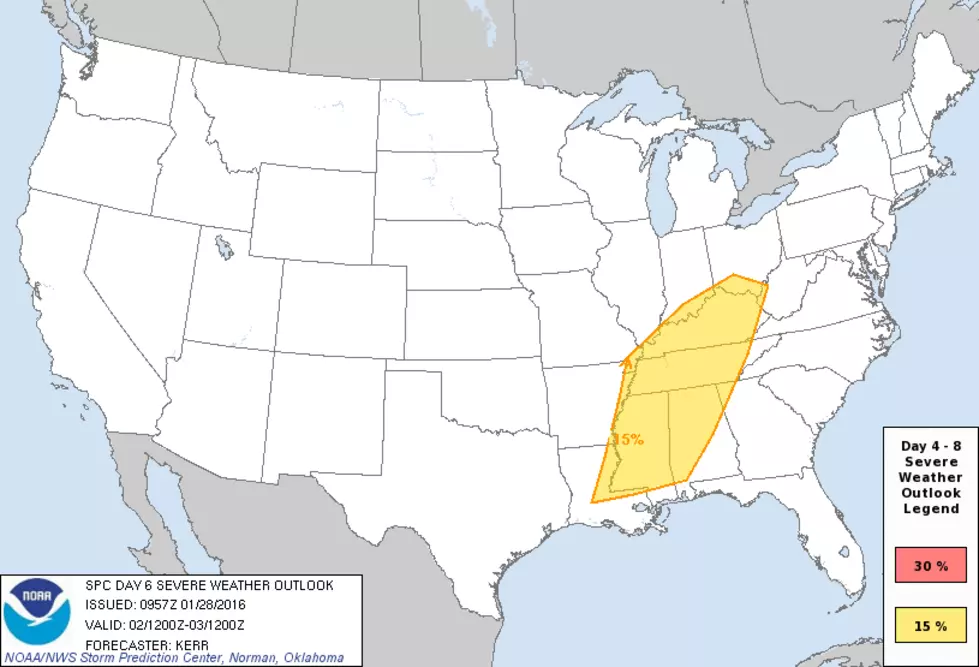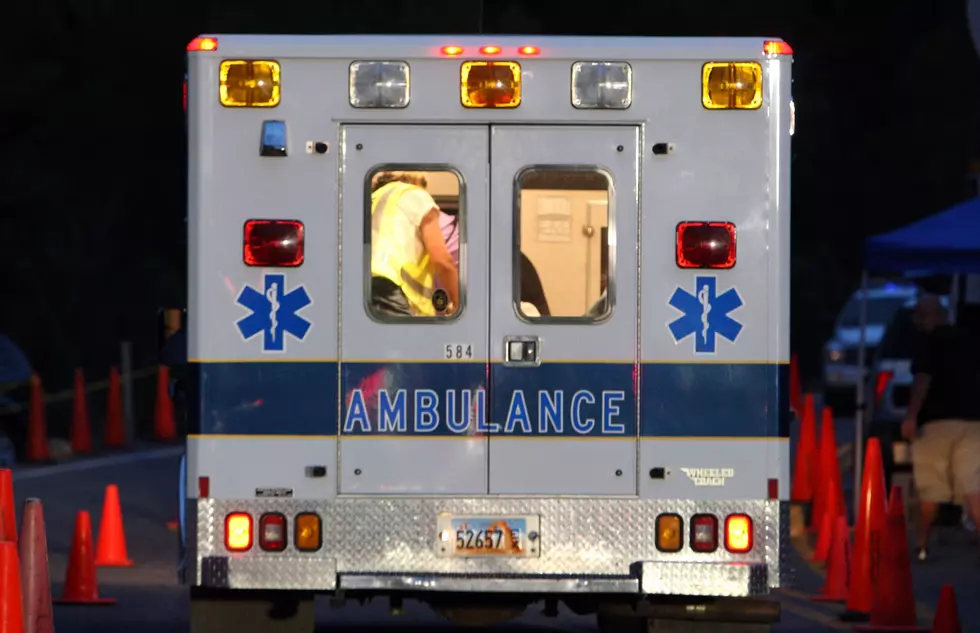
What is Tuberculosis?
Because of the recent outbreak in Perry County, the topic of tuberculosis is topping the headlines. Of course, when it comes to dis-eases (and I broke down that word intentionally), the first reaction is to panic. But with a bit of education, most worry goes away. So, let's take a look into what tuberculosis really is.
The Mayo Clinic describes tuberculosis, or TB, as a potentially serious infectious disease that mainly affects your lungs. The bacteria that cause tuberculosis are said to be spread through tiny droplets released into the air via coughs and sneezes.
Doctors differentiate latent TB (when the bacteria is in the body in an inactive state, cause no symptoms, and are therefore not contagious) and active TB, which can make a person sick and can be spread to others.
At first glance, this sounds similar to a common cold or maybe the flu. However, a tuberculosis infection can affect other parts of the body including one's kidneys, spine, or brain. While methods of transmission include coughing, sneezing, spitting, speaking, laughing, and singing, TB is said to not be easy to catch, and most people with active TB who've had appropriate treatment for at least two weeks are no longer contagious.
With all of that being said, there is indeed cause for concern. However, knowing that a person has TB isn't indicative of his or her cleanliness. Neither does it mean you have to hold your breath while passing their homes (don't question why I included that) or that you should cancel sports events. Just be sure children's vaccinations are up to date, and if you notice certain symptoms (coughing that lasts three or more weeks, coughing up blood, chest pain, pain with breathing or coughing, unintentional weight loss, fatigue, fever, night sweats, chills, loss of appetite), seek treatment immediately as untreated TB can result in spinal pain, joint damage, meningitis, liver and kidney problems as well as heart disorders.
More From 92.9 WTUG


![Rice Mine Loop Reopens After Fatal 3-Car Accident [UPDATED]](http://townsquare.media/site/530/files/2016/01/rice-Mine-Loop.png?w=980&q=75)






